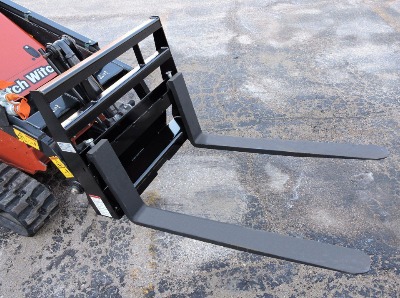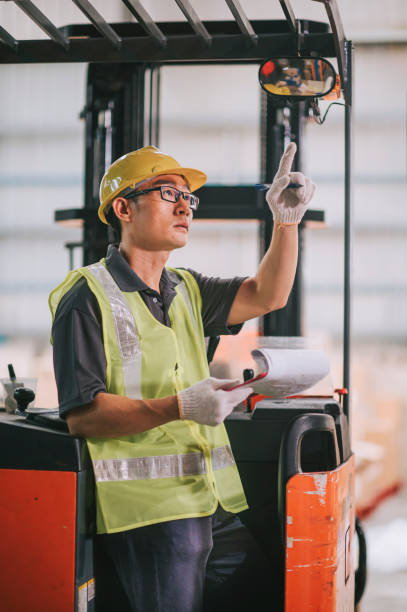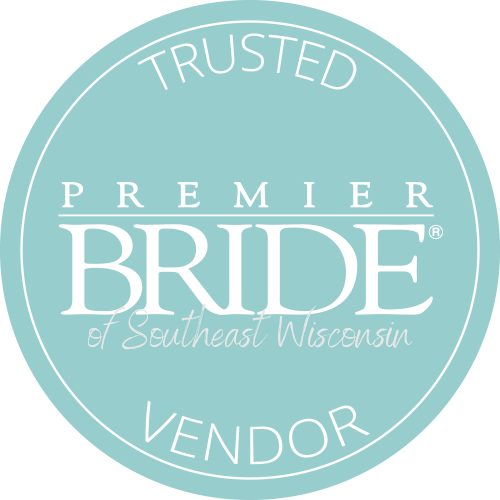The Best Forklift Rentals in Southeast WI
DIY forklift rental guide
Need a forklift rental for a day, a week, or a month-long project? We have a variety of forklift options for jobs both small and large. Trusted by contractors across southeast Wisconsin, the experts at Area Rentals will set you up with professional-level tools to complete professional-level jobs.
Types of forklifts
We offer two main types of forklifts, standard (heavy-duty) forklifts and telehandler forklifts, as well as attachments.

Standard vs Telehandler
Standard forklifts are great all-purpose forklifts for both warehouse and outdoor use. They have a weight capacity between 5,000 and 6,000 pounds and feature an interactive dash and built-in reporting of truck and operator data.
Telehandlers are larger than standard forklifts and offer increased power and reach. Our telehandlers have a maximum reach of 30.5’ and a lift height of 43’.
Best Forklifts for Homeowners
We offer the following forklifts and forklift accessories for your Wisconsin DIY project:
Unit
4 Hours
Daily
Weekly
Monthly
Tips for new forklift operators
Anytime you’re using heavy machinery, the risk for injury is increased. Not just for you, but for everybody on the job site. Before you operate your forklift rental, consider the following forklift safety tips.
Get forklift certified.
Many accidents occur due to poor training. Operators should be trained and licensed in accordance with OSHA standards and supplement their training with training videos, lectures, and software training.
Wear proper clothing.
Avoid baggy clothing that can get caught in the forklift. Operators should wear a hard hat, safe shoes, and a high-visibility jacket.
Maintain 360-degree visibility.
Keep your forks low to the ground to avoid obstructing your view. If the load obstructs your view, operate your forklift in reverse. Be sure to check your mirrors regularly.

Work with a spotter.
In high-traffic areas, it may be advantageous to work with a second set of eyes. A spotter can warn you of danger and help you navigate tight spaces.
Never carry extra people.
A spotter should walk alongside the forklift, never riding on it. Carrying extra passengers is dangerous as it can throw off the forklift’s center of gravity and lead to tipping or falling accidents.
Never walk under elevated forks.
Operators and spotters should never walk underneath the forks. Falling debris from the forklift could be dangerous or even fatal.
Travel at safe speeds.
Speed kills— especially in high-traffic areas. Maintain a safe speed to ensure you have enough reaction time to stop.
Honk at intersections.
When driving around a corner where your sight is obstructed, it’s never a bad idea to honk your horn to alert other workers of your presence.
Avoid unstable terrain and driving over debris.
Unstable terrain should be avoided, as it can cause the forklift to tip, especially when carrying loads. You should never run over debris, as these can damage forklift components and cause tip-overs.
Use proper lighting.
In order to drive, you need to be able to see. Either work at a time when there’s plenty of natural light or install temporary lighting on your job site.
Ensure loads are stable and secure before moving them.
Doing so will prevent messy spills and keep everyone on the job site safe.
Make sure the forklift is fully fueled.
Don’t run out of fuel on the job! All of our forklifts have engines that use diesel fuel.
Eliminate distractions.
Forklift operators need to be focused on the task at hand, not distracted by phones, music, or conversations.
Never exceed the rated capacity.
This is probably the most important rule. Lifting above capacity is a really good way to damage the forklift and put workers’ lives at risk.
Primary causes of forklift injuries
Overturned forklifts are the primary cause of forklift fatalities, which is why it’s essential to be aware of your surroundings when operating your forklift rental. Turning too quickly, driving with elevated loads, and driving on unstable terrain can all contribute to forklift tip-overs. Other factors contribute to forklift accidents, including:

Related rental guides: Trailer Rental Guide, Chainsaw Rental Guide, Wood Chipper Rental Guide, Man Lift Rental Guide, Excavator/Backhoe Rental Guide, Post Hole Digger Rental Guide
Related categories: Forklift rentals, All equipment rentals

